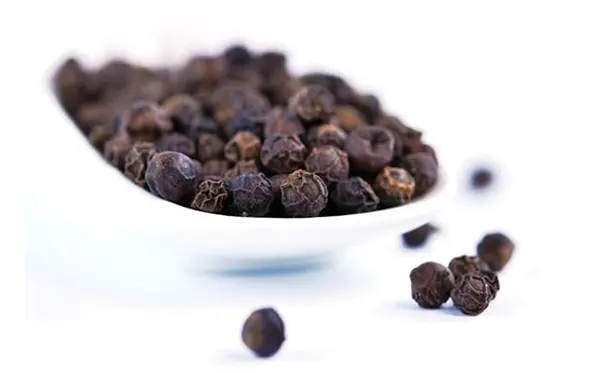
Exploring the Origins
Black Pepper, derived from the unripe fruits of the Piper nigrum plant native to South India, is widely cultivated in tropical regions. Dried peppercorns from this plant are ground to produce the familiar spice found in household pepper shakers.
Historical Significance and Lore
Historically revered as “black gold,” black pepper has been a staple in Indian culture for millennia. The ancient Egyptians also valued this spice, as evidenced by the presence of black peppercorns in Pharaoh Ramesses II’s nostrils for mummification, a practice showcased in the Egyptian Museum in Cairo.
Healing Uses
This spice boasts potent digestive benefits. Its aroma and flavor stimulate hydrochloric acid production in the stomach and pancreatic enzyme production, essential for protein digestion. Piperine, black pepper’s pungent alkaloid, offers antioxidant benefits. In Western herbalism, it’s used in cold and flu remedies, while in Ayurvedic medicine, it’s combined with honey to clear respiratory congestion.
Magical Uses
Black Pepper serves as a tool to banish negativity, protect against evil, and even in exorcisms. It’s used in rituals to cleanse homes and to ward off feelings of jealousy, both from oneself and others.
Personal and Spiritual Growth
Black Pepper is effective in alleviating anxiety and stress, promoting the release of negative emotions and bolstering inner strength. It aids in “digesting” unhealthy feelings, providing the courage and stamina for emotional processing and progress. Black Pepper essential oil supports digestion, soothes sore muscles, and, in aromatherapy, enhances energy.
